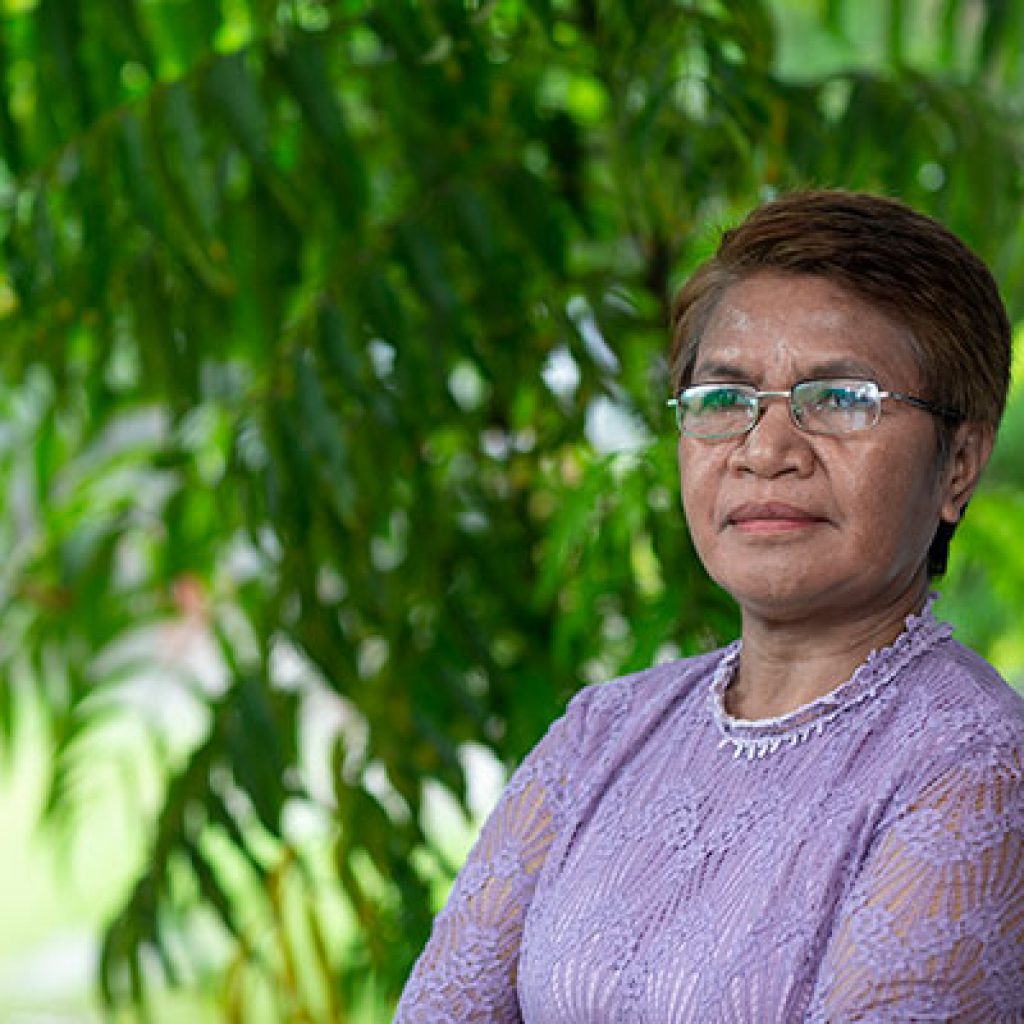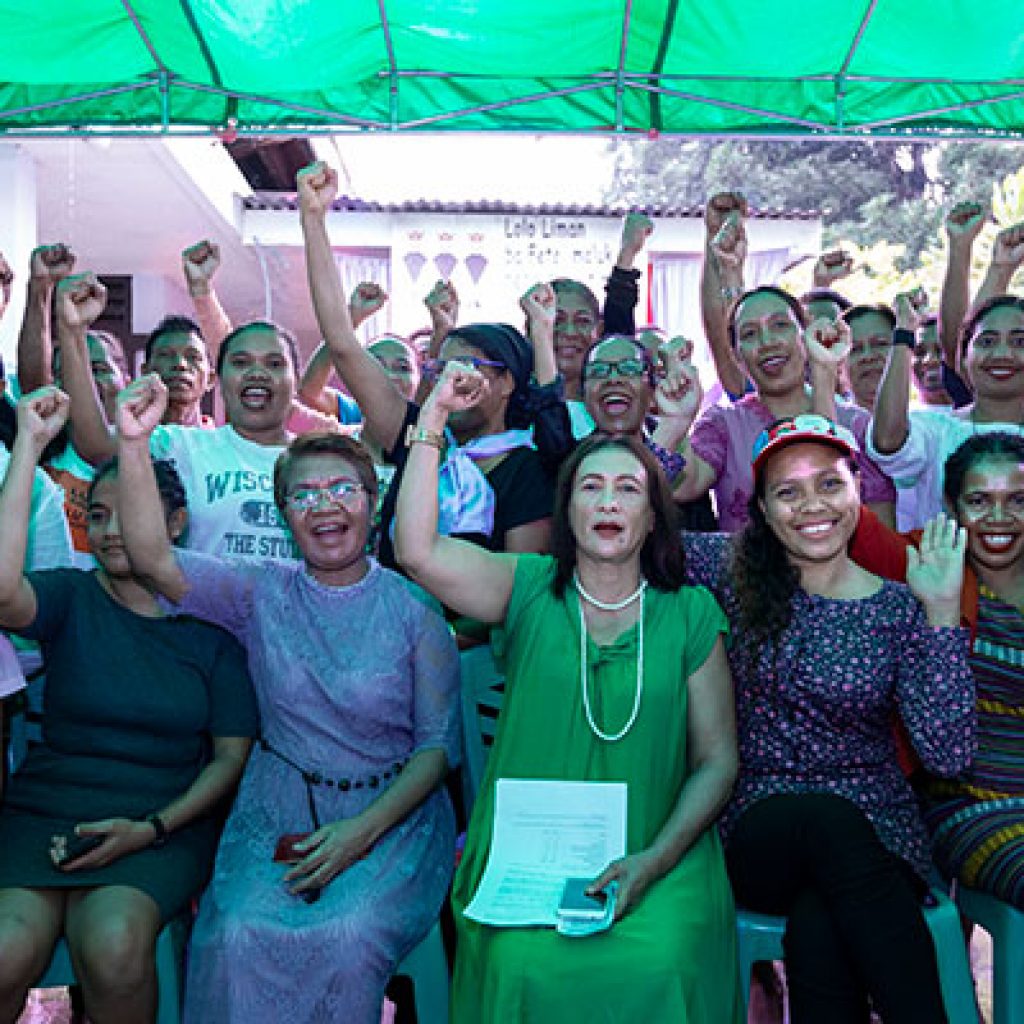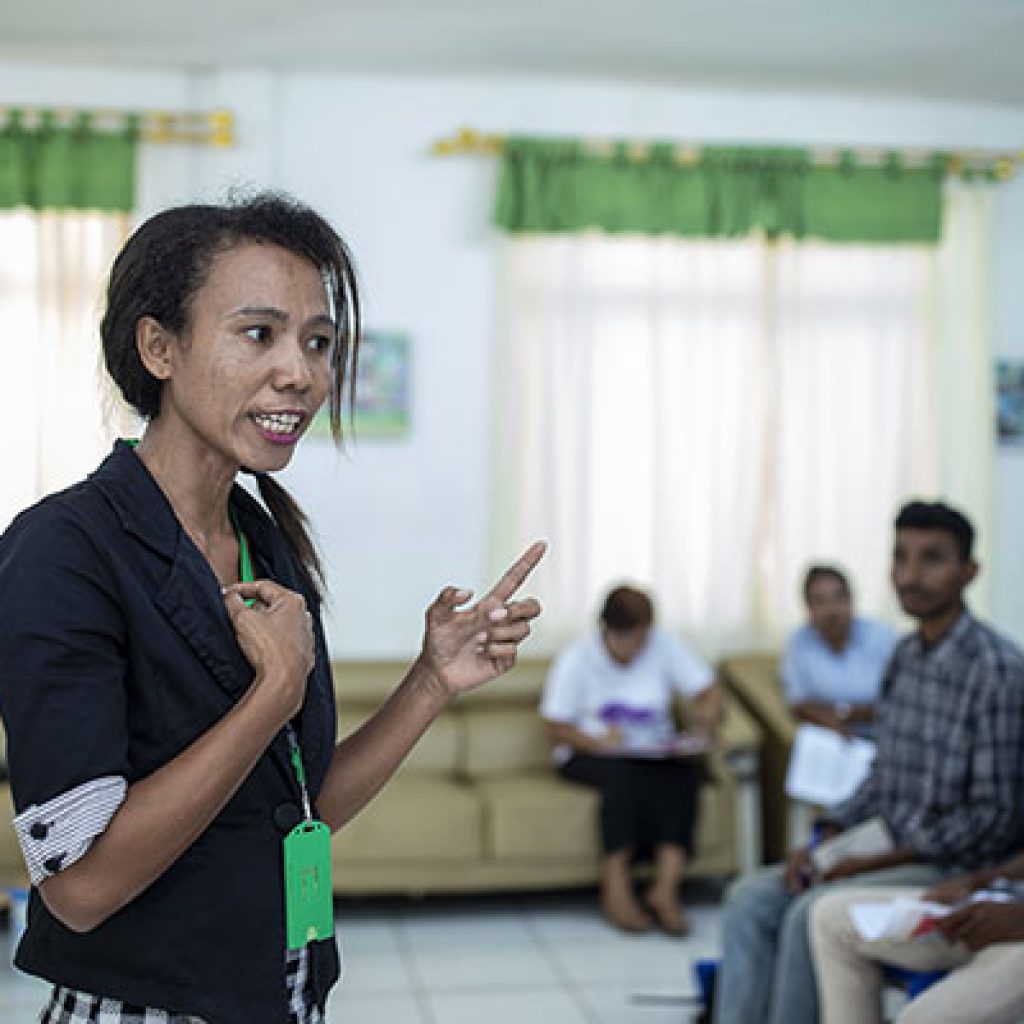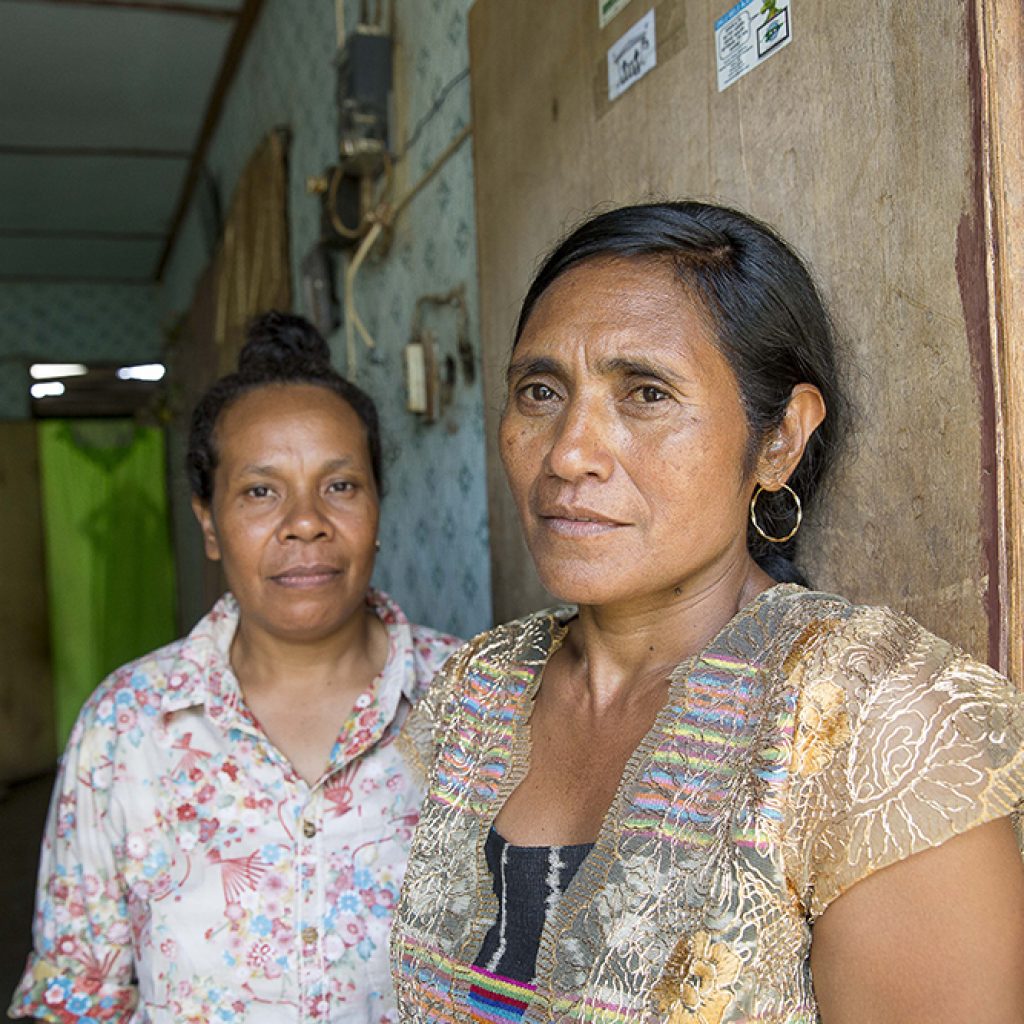
Timor-Leste doubles the number of women Village Chiefs in recent elections
The percentage of women in Parliament in Timor-Leste is one of the highest in Asia Pacific. With 38% of parliamentarians currently women, Timor-Leste is surpassing the 30% quota it embedded in its constitution to ensure women are getting closer to having equal say at a national level.
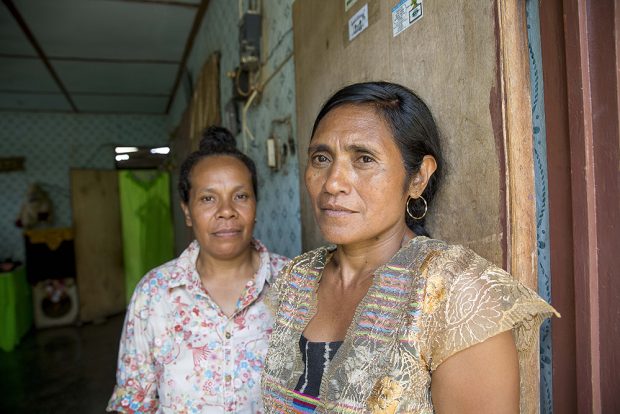
The percentage of women in Parliament in Timor-Leste is one of the highest in Asia Pacific. With 38% of parliamentarians currently women, Timor-Leste is surpassing the 30% quota it embedded in its constitution to ensure women are getting closer to having equal say at a national level.
This is great. But at a local level, where decisions affecting the everyday lives of communities are made, the picture is very different – before the recent elections, only 11 of the 442 elected Village Chiefs were women.
What does a Village Chief do?
Village (Suco) Chiefs are in charge of convening communities to identify priorities for development support, coordinate delivery of services, and have an important role in dispute resolution and ensuring access to justice, including in domestic violence cases. They play a critical part in shaping community perceptions – something particularly significant in a place where 86% of women aged 15 to 49 believe that a husband is justified in beating his wife.
Why is having women Village Chiefs important?
We believe that diverse women must have an equal say in, and power over, the decisions that affect their lives in their homes, communities and countries, as well as in regional and international spaces. When women are excluded from positions of power, they are robbed of any significant influence over the local structures and institutions that govern their lives.
But women leaders do much more than improve their own lot. There is also growing evidence that women make better decisions when it comes to using resources to improve the whole community, such as improving access to clean drinking water, childcare, education, strengthening gender equality and reducing violence against women. They’re also more likely to advocate for peace and an honest, non-corrupt government.
What happened in this year’s election?
This month, Timor-Leste held its ‘Suco’ or Village elections, choosing who will represent their communities at Village and Hamlet levels for the next 7 years.
Amazingly, they’ve doubled the number of women Village Chiefs – 21 women were elected. This doesn’t seem like much, but it is an exciting step forward against significant barriers. Many more women were elected Hamlet Chiefs or women’s representatives to Village Councils.
Elections were held on 29 October, with run-off elections on 13 November for any seats where the two leading candidates were very close in number of votes.
What changed this year?
More women ran. A new law, ratified in July, stipulated that at least one woman had to stand in every Village. As a result, 319 of the 2071 candidates (15%) were women. This is a great start – obviously to win an election, women have to be in contention.
Another huge factor was women’s leadership training provided by IWDA partner organisations such as the Alola Foundation and Covalima Community Centre (CCC), as part of the 100% I’m Ready Campaign run with other Civil Society Organisations in Timor-Leste. As many of candidates have never spoken publically before, let alone run for elections, building their confidence and competence to lead is a critical factor in their success.
Through leadership training, participants gain confidence in public speaking, campaigning and advocating. Alola and CCC also support women to be heard and to hold their governments to account, by providing a space to come together and speak with a common voice.
As well as building skills, the work focusses on demystifying unfamiliar processes, raising awareness and providing leadership experience and networking opportunities.
Of the candidates Alola supported, 12% were elected as Village Chiefs – a significantly higher proportion than the overall rate of candidates elected (6.6%), indicating that Alola support played an important role in helping women get elected. Both Alola and CCC saw 2 of their candidates elected to Hamlet Chief positions, and several others were elected as the Women’s Representative on their Village Councils.
What are the obstacles?
We know that supporting skills development, building confidence and connecting women through networks boosts women’s participation and leadership. And while doubling the number of women elected is exciting, there is still a long way to go. With only 6.6% of women who ran winning a seat, it is clear there are still enormous barriers to women’s leadership.
This year we’ve introduced you to Rita, a woman running for Village Chief from Aileu supported by IWDA partner the Alola Foundation, and Felizarda, a Village Chief from Lalawa who received support from CCC.
Unfortunately, neither Rita nor Felizarda were elected to Village Chief positions in this election. They were up against significant barriers. Cultural norms mean that many people don’t see women as potential leaders. Money also plays a role. Women often run as independent candidates, so they lack the backing and support of political parties that many men have, and are less likely than men to have access to independent resources to fund campaign activities.
It’s important though to remember that things are changing – the new law sets new minimum standards for women’s participation, more women are running, and they are slowly chipping away at the glass ceiling of a deeply patriarchal system. We believe that, by supporting candidates through our partners and educating the public on why women in leadership matters, that the next election will show an even greater jump.
